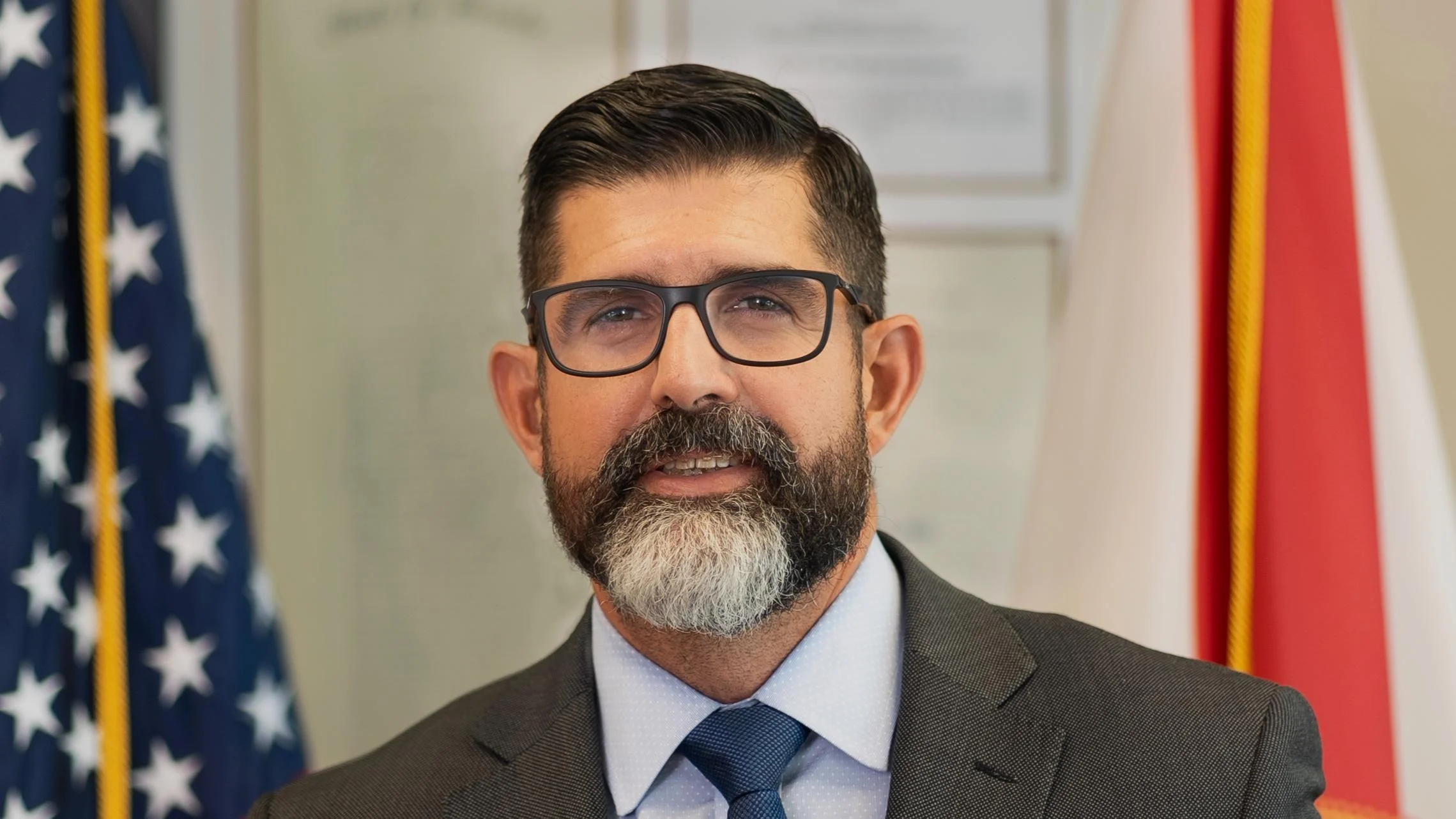
Joan Lombardi, professor and chair at RAPID | Official Website
As families across the United States face challenges in affording housing, food, or healthcare, a new national study highlights the impact on young children. The research from Stanford University’s RAPID survey, in collaboration with the University of Nebraska Medical Center, reveals that four in ten families are experiencing material hardship. Over a third of children aged 0 to 5 exhibit frequently fussy or defiant behavior, and just under a quarter show anxious or fearful behavior.
Joan Lombardi, professor and chair of RAPID’s national advisory council, emphasized the importance of real-time data: “This is not a research study that happened three years ago where conditions were different. It’s real-time data. It’s common-sense language.” She stressed the need for policies based on parental needs.
Experts advocate for public preschool and affordable childcare as economic relief measures for low-income families. The Trump administration's reduction of early learning programs like Head Start has compounded concerns about childcare affordability.
Economic uncertainty also affects providers. Alexandra Patterson from Home Grown noted: “The reality is that cuts to things like SNAP and Medicaid are going to hit the child care workforce because this workforce is eligible...to participate in those programs.”
Abbie Raikes from the University of Nebraska highlighted how economic strain negatively impacts children's development: “It can sometimes be a difference of six months or nine months or even a year.”
Middle-class families feel similar pressures. Isabel Blair from Michigan observed increased demand for direct care due to family stressors affecting children's development.
Nationally, about four in five parents with young children report emotional distress. Policies like expanded child tax credits and SNAP previously improved conditions for families.
In New Jersey, researchers at NIEER aim to inform local policymakers about early education insights. Alexandra Figueras-Daniel stated: “The administrators...they’re not often aware of any of this research or information.”
Stanford's research also seeks to dispel myths about economic hardship. Raikes remarked: “Sometimes there’s a myth that people who are experiencing economic hardship aren’t working hard...there are still a lot of families who are struggling.”





 Alerts Sign-up
Alerts Sign-up